2017: miRecule/NIH license on MicroRNA Therapeutics for Treating Squamous Cell Carcinomas
Attached (PDF file here) are the KEI comments on the proposed NIH exclusive license to miRecule for MicroRNA Therapeutics for Treating Squamous Cell Carcinomas.
The seven page letter concludes with these words:
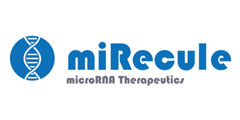
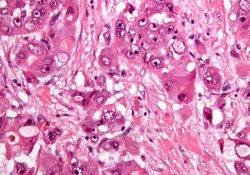


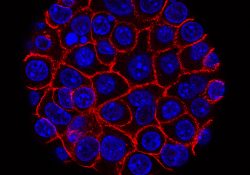
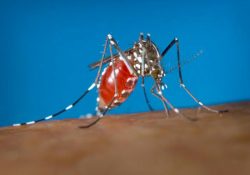

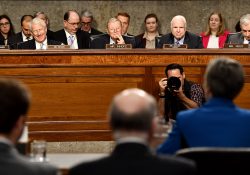
 Senator Angus King proposed an amendment to National Defense Authorization Act (NDAA) that would require the Department of Defense (DoD) to authorize third parties to use inventions that benefited from DoD research funding, when prices exceed the median price charge in the seven largest economies with per capita incomes at least half the per capita income in the United States.
Senator Angus King proposed an amendment to National Defense Authorization Act (NDAA) that would require the Department of Defense (DoD) to authorize third parties to use inventions that benefited from DoD research funding, when prices exceed the median price charge in the seven largest economies with per capita incomes at least half the per capita income in the United States.